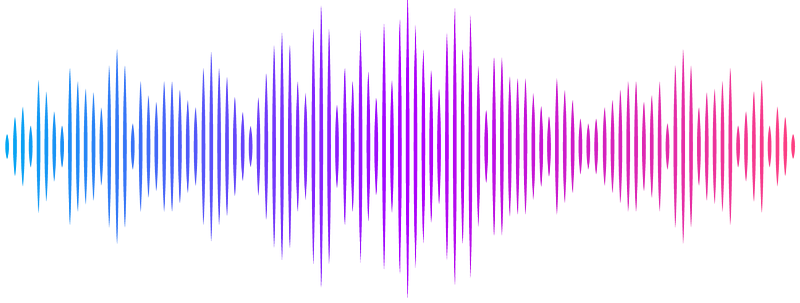Distinct neutrophil effector functions in response to different isolates of Leishmania aethiopica

Distinct neutrophil effector functions in response to different isolates of Leishmania aethiopica
Adem, E.; Cruz Cervera, E.; Yizengaw, E.; Takele, Y.; Shorter, S.; Cotton, J.; Getti, G.; Kropf, P.
AbstractBackground: In Ethiopia, cutaneous leishmaniasis is mainly caused by Leishmania (L.) aethiopica parasites and presents in three main clinical forms. It is still not clear if the host immune response plays a role in the development of these different presentations. Since neutrophils are likely to be one of the first immune cells present at the site of the sand fly bite, we set up an in vitro model of infection of neutrophils with L. aethiopica and assessed neutrophil effector functions. We used freshly isolated clinical isolates and one isolate that has been kept in culture for decades. Results: Our results showed by flow cytometry that up to a quarter of neutrophils were associated with L. aethiopica; and confocal microscopy demonstrated that all isolates can be internalised. The clinical isolates of L. aethiopica associated more efficiently with neutrophils than the long-term cultured L. aethiopica. At 18hrs, two distinct populations of neutrophils were identified that associated with L. aethiopica, CD15high and CD15low neutrophils. Our results also showed that all parasites induced apoptosis in L. aethiopica-associated neutrophils. Moreover, our results showed that after 2 hrs, L. aethiopica-associated neutrophils upregulated their production of ROS, but to a greater extent with the long-term cultured L. aethiopica. After 18 hrs of incubation, CD15lowparasite+ showed an impaired ability to produce ROS as compared to CD15highparasite+. Conclusion: Using this in vitro model, our results show that different L. aethiopica parasite isolates, most notably long-term cultured parasites, impacted differently on neutrophil effector functions.


